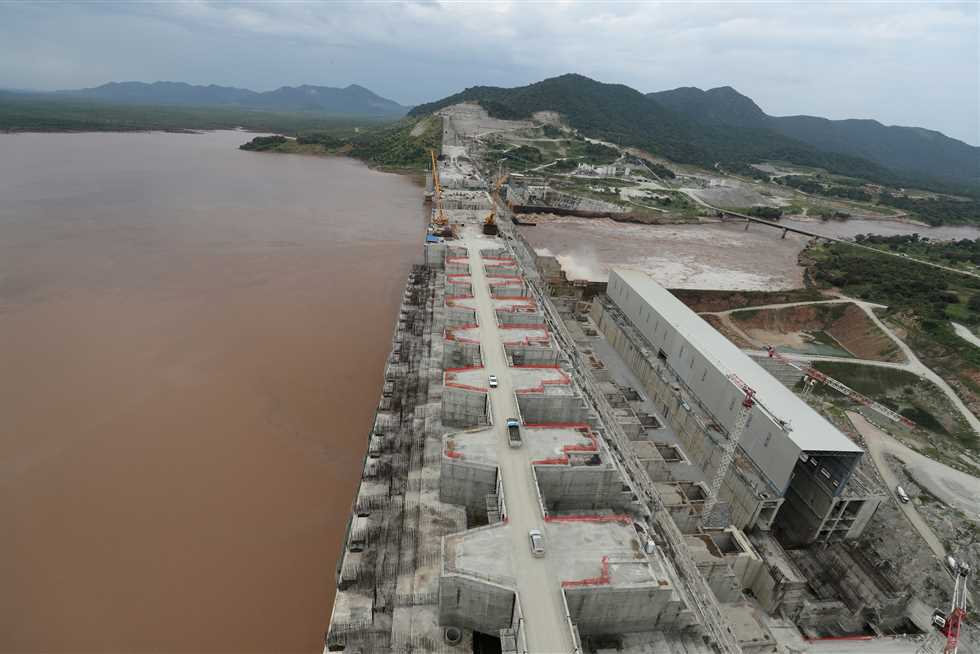
A statement by the Egyptian Foreign Ministry said that Egyptian Foreign Minister Sameh Shoukry lamented that while Egypt had hoped for the success of the African Union in managing the Grand Ethiopian Renaissance Dam (GERD) dilemma, negotiations have to achieve anything tangible and did not produce the desired results.
This came during the sidelines of a phone call Shoukry received on Sunday from Finnish Foreign Minister Pekka Haavisto to discuss the latest developments in the Horn of Africa, especially developments regarding the
Shoukry confirmed that Egypt is looking forward to the resumption of negotiations under the presidency of Felix Tshisekedi, President of the Democratic Republic of the Congo to the African Union.
The statement added that Shoukry stressed the need to reach a binding legal agreement before the second phase of filling GERD, by launching a serious negotiation path, taking into account the interests of the three countries.
He added that the Egyptian state has expressed its pure political will to reach a fair and balanced agreement that achieves its development goals for Ethiopia and at the same time preserves Egypt’s rights and secures the two downstream countries from the dangers and damages of this dam.
Negotiations over the dam between Egypt, Ethiopia, and Sudan have stalled for years, with the three parties ultimately failing to reach any agreements.
Egypt, on January 10, said that the recent sessions of GERD negotiations have failed once again due to differences on how to resume talks and of the procedural aspects related to managing the negotiation process.
The construction of the dam, which began in 2011, is considered to be one of Egypt’s most serious water issues.
Egypt, which relies considerably on freshwater from the Nile, has voiced fears that the GERD would negatively impact the country’s water supply, and has insisted that measures be put in place to protect downstream countries in case of drought during the dam’s filling process.
Ethiopia, on the other hand, has stressed the importance of the project to bolster its economy, where more than half of the population currently lives without access to electricity.


